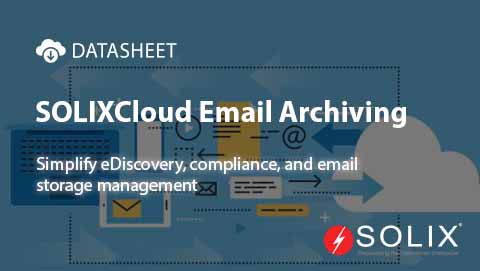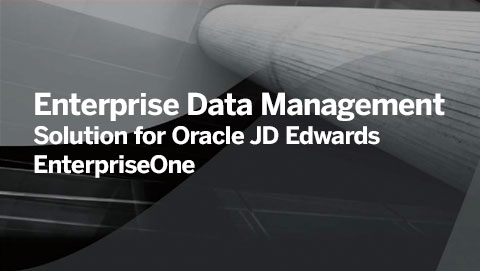Data Security
What is Data Security?
Data security is a set of practices, technologies, and policies designed to ensure the confidentiality, integrity, and availability of data throughout its lifecycle. Key components include authentication, encryption, access control, data masking, data loss prevention, and security auditing. Effective data security measures are essential for protecting sensitive information, maintaining regulatory compliance, and preserving organizational reputation.
Why is it Important?
Data breaches are, unfortunately, common, and the consequences can be severe. Strong data security helps organizations:
- Protect sensitive information: It helps safeguard sensitive data such as personal identifiable information (PII), financial records, intellectual property, and trade secrets from unauthorized access or disclosure.
- Maintain compliance with regulations: Implementing robust data security measures helps organizations meet compliance requirements such as GDPR, HIPAA, PCI DSS, etc, and avoid potential fines or penalties.
- Minimize the risk of data breaches: By implementing data security measures like masking, access control, etc, organizations can significantly reduce the likelihood and impact of data breaches or unauthorized access..
- Safeguarding business reputation: By investing in data protection strategies, businesses can minimize the impact of security breaches and maintain the trust of their customers, partners, and stakeholders.
Data Security Solutions
There are various tools and technologies that organizations can leverage to enhance data protection, such as:
- Authentication: It is the process of verifying the identity of users or entities accessing a system or application. It typically involves using usernames, passwords, biometric data, or multifactor authentication methods to grant access only to authorized individuals or systems.
- Data masking: It involves obscuring or anonymizing sensitive data to protect it from unauthorized access while allowing legitimate users to work with realistic data. It ensures that even if unauthorized users gain access to the data, they cannot understand or misuse it.
- Access Control: Access control mechanisms determine who can access specific data or resources and what actions they can perform. This involves defining user roles, permissions, and restrictions to limit access to sensitive data only to those with a legitimate need to know.
- Data Loss Prevention (DLP): It helps prevent the unauthorized transmission or exfiltration of sensitive data by monitoring, detecting, and blocking attempts to move data outside authorized boundaries.
- Security Auditing and Monitoring: Security logs, audit trails, and intrusion detection systems (IDS) can help identify suspicious activities, unauthorized access attempts, or data breaches in real-time.
In conclusion, data security is a multifaceted discipline. It requires a proactive and holistic approach to protect sensitive information. Evolving cyber threats and risks necessitate robust information protection measures. Organizations can safeguard digital assets and maintain regulatory compliance. They also preserve their reputation and trustworthiness in a data-driven world.
FAQ
Why is encryption considered a cornerstone of data protection?
Encryption converts data into an unreadable format, ensuring confidentiality even if unauthorized parties access it. Encryption helps safeguard sensitive information from unauthorized access. It employs decryption keys to make data intelligible, reducing data breach risks.
How does data loss prevention (DLP) mitigate the risk of data breaches?
DLP solutions monitor and control the movement of sensitive data, preventing unauthorized transfers or leaks. DLP identifies and blocks security incidents in real-time. It helps minimize breach risks and protects sensitive information.
How does data security contribute to regulatory compliance?
It helps organizations meet regulatory requirements by safeguarding sensitive data from unauthorized access, alteration, or disclosure. Compliance with regulations such as GDPR, HIPAA, or PCI DSS requires implementing robust information protection measures to protect personal information and maintain data privacy.





